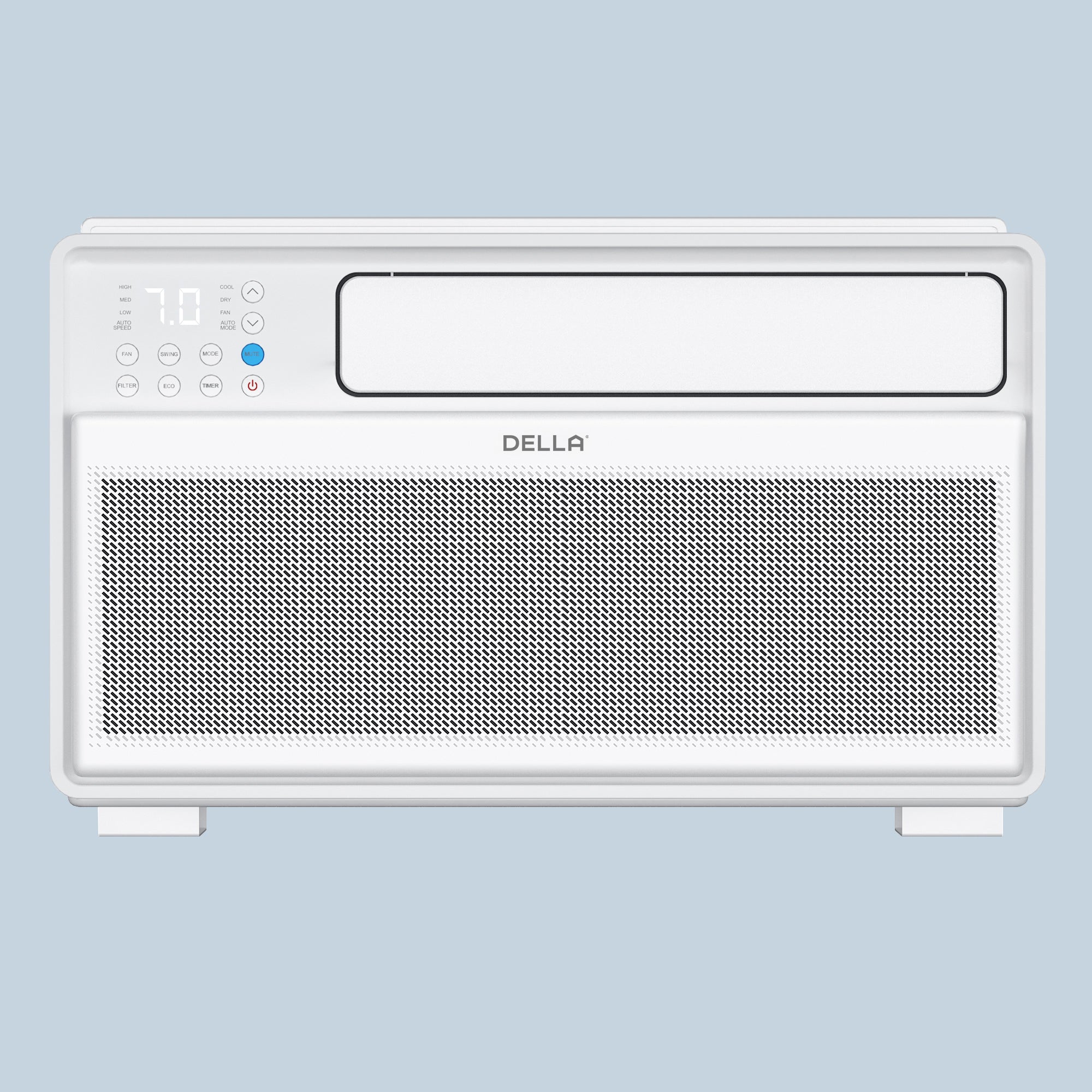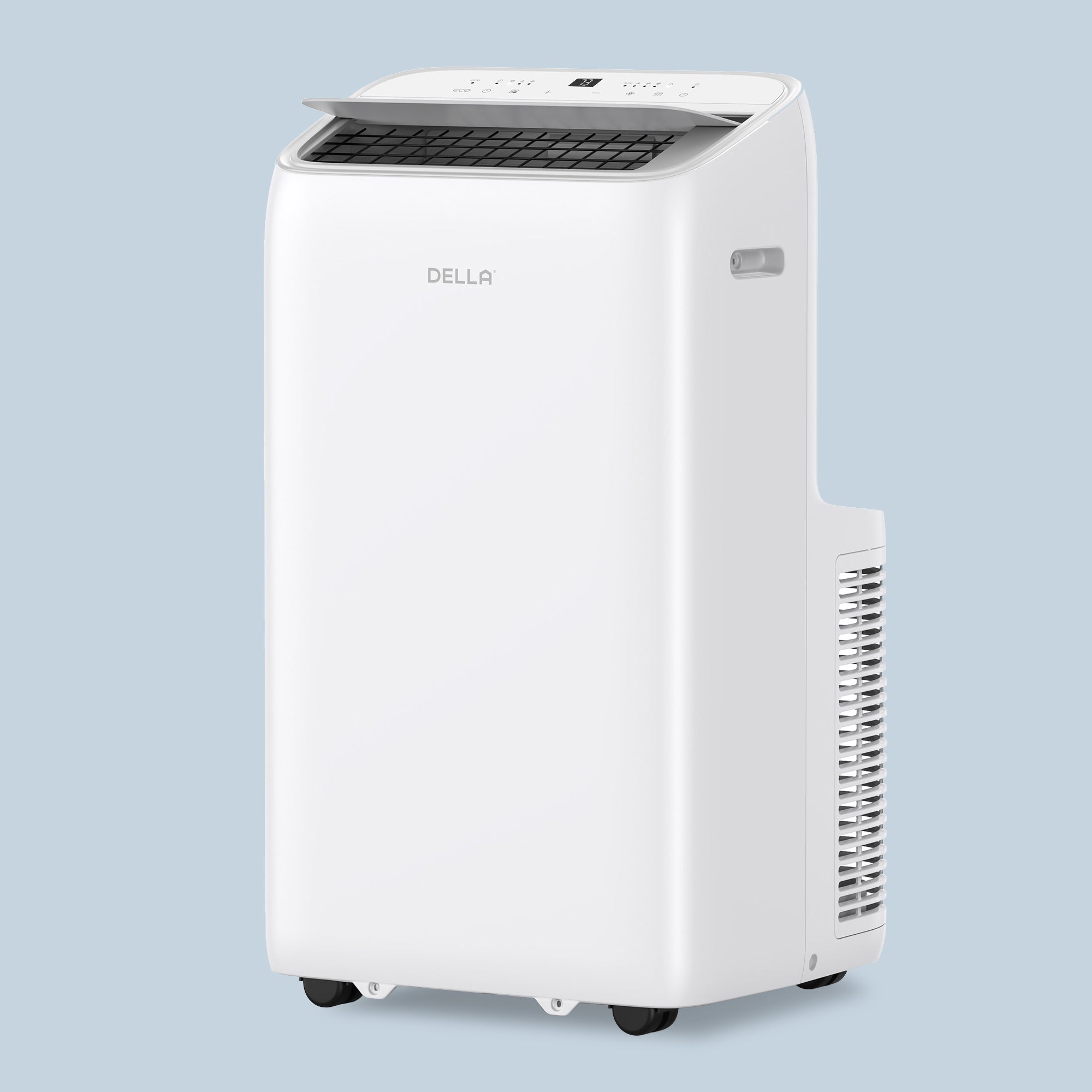Imagine a blistering summer day with no escape from the heat and the inside of your home feeling like a roasting oven. Now, thanks to the modern invention of air conditioning, that sweltering discomfort is a thing of the past. An AC unit also has an effect on two important aspects of our lives - the quality of the air we breathe indoors and how it affects our everyday lives. In this post, we'll dive into the fascinating world of air conditioning, exploring its history, how it has impacted our lives, and how it functions today.
 The Modern AC & Its History
The Modern AC & Its History
The modern air conditioner or air conditioning unit is a system designed to change the air temperature and humidity within an area, providing a cooler and more comfortable environment. From a basic portable AC unit to complex central air systems and ductless mini splits, the world of air conditioning is vast and varied.
History of Air Conditioning
The roots of air conditioning can be traced back to ancient times, where Ancient Romans circulated water from aqueducts through the walls in people’s homes, while Medieval Persians used cisterns and wind towers to cool down buildings.
The Department of Energy explains how the modern air conditioning unit all started with an ice compressor invented by Dr. John Gorrie of Florida in 1851. Eventually, engineer Willis Carrier invented the first modern electrical air conditioning unit in 1902.
Smithsonian explains how Carrier’s AC unit was intended to control the humidity in a printing plant in Brooklyn due to the delicate nature of its high-quality color printing methods. Their article goes more into depth and explains how “he used an industrial fan to blow air over steam coils filled with cold water; the excess humidity would then condense on the coils and produce cooled air.” It soon became evident that Carrier's invention had far broader applications that everyone could take advantage of.
The Evolution of The AC Unit
Over the past century, air conditioning technology has evolved dramatically. From the early ductless units to the advanced duct systems we see today, the efficiency, design, and accessibility of air conditioning have improved significantly. The integration of smart technology and energy-efficient designs have also become common.
Defining General AC
Sovereign Planned Services Ltd explains how, “In 1908, the ‘father of air conditioning’, G. B. Wilson defined air conditioning as being able to:
-
Maintain a suitable humidity in all parts of a building.
-
Free the air from excessive humidity during certain seasons.
-
Provide a constant and adequate supply of ventilation.
-
Remove from the air, any micro-organisms, soot, dust and other ‘foreign bodies’.
-
Efficiently keep the indoor air cool, especially during warmer seasons.
-
Have the potential to at least partially warm rooms in the winter.
-
Remain relatively affordable to repair and maintain.”
How Air Conditioning Has Impacted Our Lives Over Time
The advent of air conditioning has revolutionized the way we live. From making hot climates more habitable to enabling the growth of industries like data centers and manufacturing, AC has been a key player in economic and societal development. It's changed the way we build our homes, our ability to preserve food, and even our comfort at work and play.
As you may recall in our previous blog, indoor air quality has a tremendous impact on our health and well-being. ACs play a critical role in indoor air quality by being responsible for providing replaceable air filters as one of its AC parts in order to help trap harmful contaminants in the air. Otherwise, we would be inhaling more dust, allergens, pollutants, mold, dander, etc., and this could lead to problematic health issues.
However, we need to make sure not to overuse air conditioning since it can also have negative effects on our bodies. WebMD explains how using an AC can cause:
-
Dehydration
-
Dry eyes
-
Increased metabolism
-
Irritate airways
-
Headaches
-
Lowered heat tolerance
-
Pollution to outside air
In moderation, AC has plenty of impactful positive benefits such as:
-
The ability to concentrate better than in heat
-
Helps you sleep
-
Save lives during heatwaves
How a General AC Functions
An air conditioning unit operates by using a refrigerant to absorb heat from the indoor air and transfer it outside. The main AC parts include a:
-
Compressor
-
Condenser
-
Expansion valve
-
Evaporator coil.
By cycling the refrigerant through these components, the AC unit cools the air inside a space.
General Features of Common AC Units
Air conditioners come in many shapes and sizes, but there are general features that most share. They include:
-
Thermostat controls: to set the desired temperature
-
Filters: to clean the air
-
Fans: to circulate the cooled air
-
Energy efficiency ratings: to indicate how well the unit uses energy
Different Types of Air Conditioners
Cielo WiGle explained the 8 types of air conditioners currently available and how to choose the best one for your home. They are:
-
Central Air Conditioner
-
Ductless Mini-Split
-
Window Air Conditioner
-
Portable Air Conditioner
-
Floor Mounted Air Conditioner
-
Smart Air Conditioner
-
Geothermal Air Conditioning System
-
Hybrid / Dual Fuel Air Conditioner
Out of all of these options, central air has become the most common type of AC unit in use across North America due to its efficiency in cooling entire homes, aesthetic advantages over window units, and its ability to enhance home resale value. Many American homes, built with central AC in mind, benefit from even cooling, improved air quality from built-in filters, and integrated heating systems that utilize the same ductwork. However, ductless mini split ACs are fast becoming a norm since they offer many of the same benefits while offering smaller sizes and individual room temperature customizability.
Let's Cool Down
Della understands the necessity of modern ACs and how they translate into everyone’s lifestyle, and that’s why we offer air conditioning solutions to keep you cool when the temperatures rise. From its humble beginnings as a solution for a printing plant to being a necessity in every building today, air conditioning has grown into an essential part of modern life. The continual innovation in air conditioning technology ensures that we can continue to live, work, and play in comfort. Be sure to check back and read part two of this air conditioner series to discover more valuable information!










LEAVE A COMMENT
All comments are moderated before being published.
This site is protected by hCaptcha and the hCaptcha Privacy Policy and Terms of Service apply.